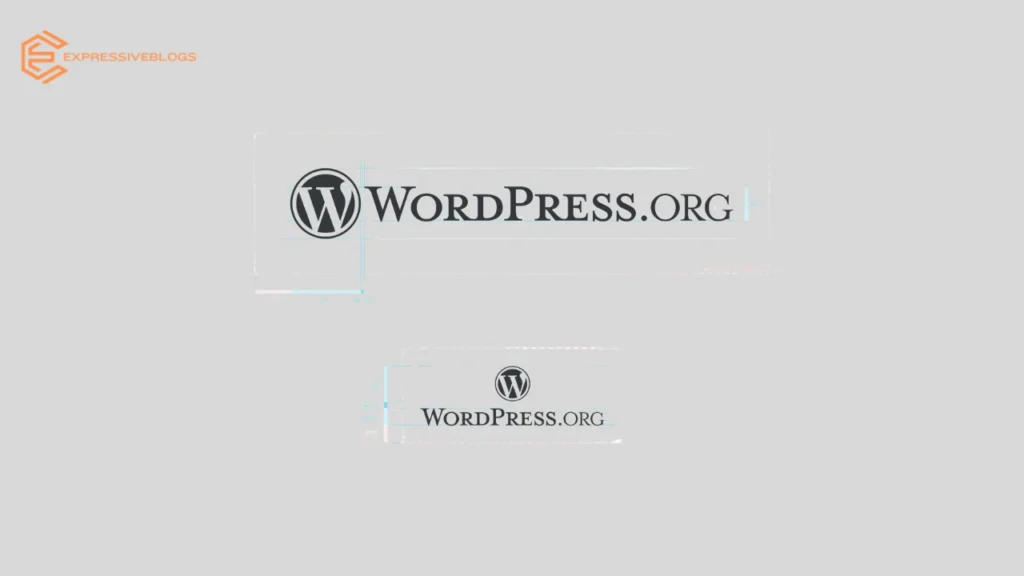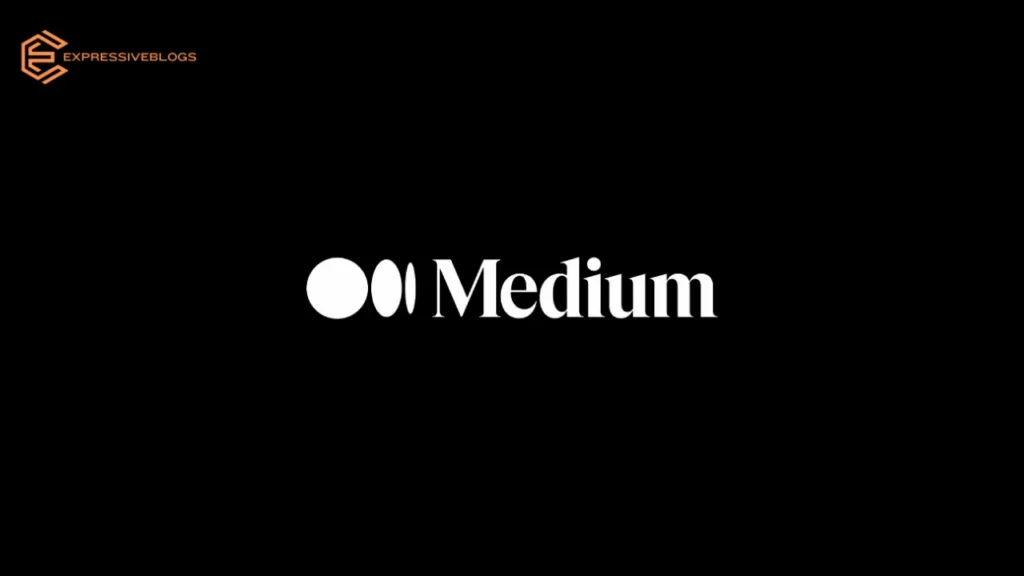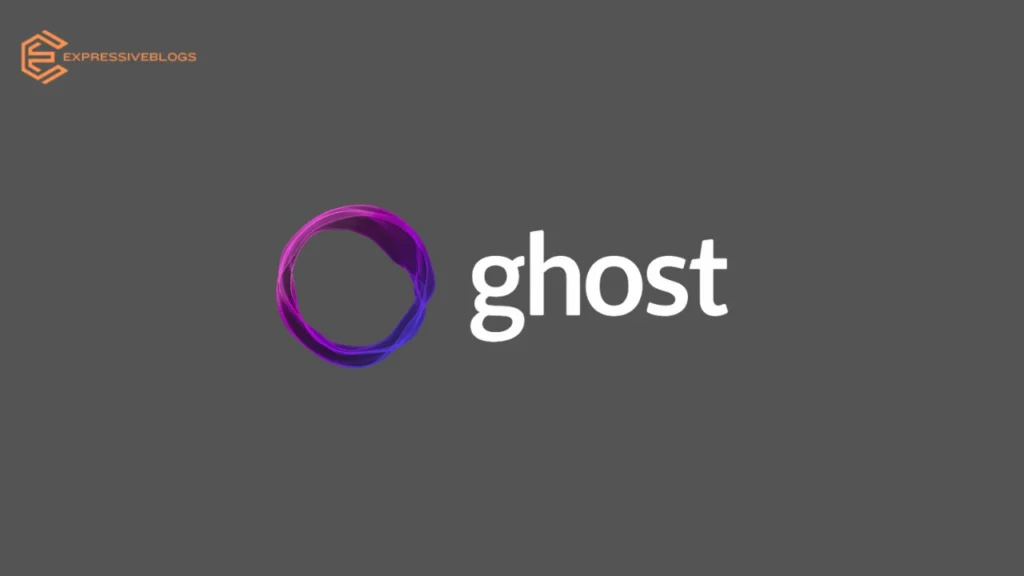Despite everything, blogging remains one of the effective means by which one can share views, generate communities, and most importantly, make a living in the ever-evolving world of new media. However, choosing the platform is not that easy because there is a wide range of solutions on the market – it might seem more like selecting the exit in a maze. Don’t worry; we have done most of the work for you. This article will help you, regardless of your level of experience to find out which platform allows making money from blogging.
Why Your Choice of Blogging Platform Matters
Your choice of platform will not only tell you how you can sell your content but also prescribe the look and operations of your blog from the reader’s perspective; different platforms offer different values including excellent SEO tools and easy-to-use interfaces.
The Contenders
1. WordPress.org

- Overview: WordPress.org remains the undisputed leader in blogging platforms while offering almost endless possibilities.
- Monetization: Use affiliate marketing, e-shopping, and advertising to turn your site into gold-making generator.
- Pros: Full control over your site, extensive plugins, and themes.
- Cons: It requires some technical know-how to set up and maintain it.
2. Blogger

- Overview: One of Google’s own blogging platforms that is suitable for newcomers to blogging.
- Monetization: Just implementation to allow ad revenue of Google AdSense.
- Pros: Free, simple to use, and reliable.
- Cons: Limited customization and control.
3. Medium

- Overview: Medium is one of the open platforms for readers and ideas makers or narrators.
- Monetization: You are compensated based on the time readers spend on your pieces, thanks to Medium’s Partner Program.
- Pros: No setup required, built-in readership.
- Cons: Limited control over your content and monetization options.
Hidden Gems
1. Ghost

- Overview: A decoupled, modern-day CMS with a focus on speed and efficiency.
- Monetization: membership and models based on subscription comparison.
- Pros: Fast, SEO-friendly, and easy to use.
- Cons: Less flexible than WordPress.
2. Substack
- Overview: Regardless, Substack is perfect for authors because you can on one hand focus on creating newsletters and on the other – build a paid subscriber base.
- Monetization: Subscription fees from readers.
- Pros: Simple, direct monetization.
- Cons: Limited customization and platform dependency.
How to Monetize Your Blog
- Affiliate Marketing: Provides additional services which include helping companies market their products and get a one-time cut from every referral made from your connections.
- Advertising: For earning money, direct advertisement sales or solutions such as Google AdSense should be employed.
- Sponsored Content: I believe that it is crucial to cooperate with better brands in order to create content that will evoke some interest in the target audience.
- Digital Products: Promote webinars, e-books, or courses directly on the blog, where visitors can learn, buy, and complete their purchases.
Unique Strategies to Stand Out
- Niche Down: Decide on the realm that interests you and you can master it instead of trying to be omniscient on almost everything.
- Engage with Your Audience: If you want to communicate with the readers and build a community – use social media, email newsletters, comments, etc.
- Invest in SEO: But if you want to focus on organic traffic, ensure that your content is Search Engine optimization friendly.
- Regularly Update Content: This way, you will always maintain new posts and keep your blog updated with new content for readers to read.
Conclusion
The success of a blog depends on the blogging platform being used. It means that you will be able to make the right decision based on your goals because you know all the benefits and drawbacks of each decision. The right channel will set you in the proper direction if you want to make blogging your career or earn some extra capital.



